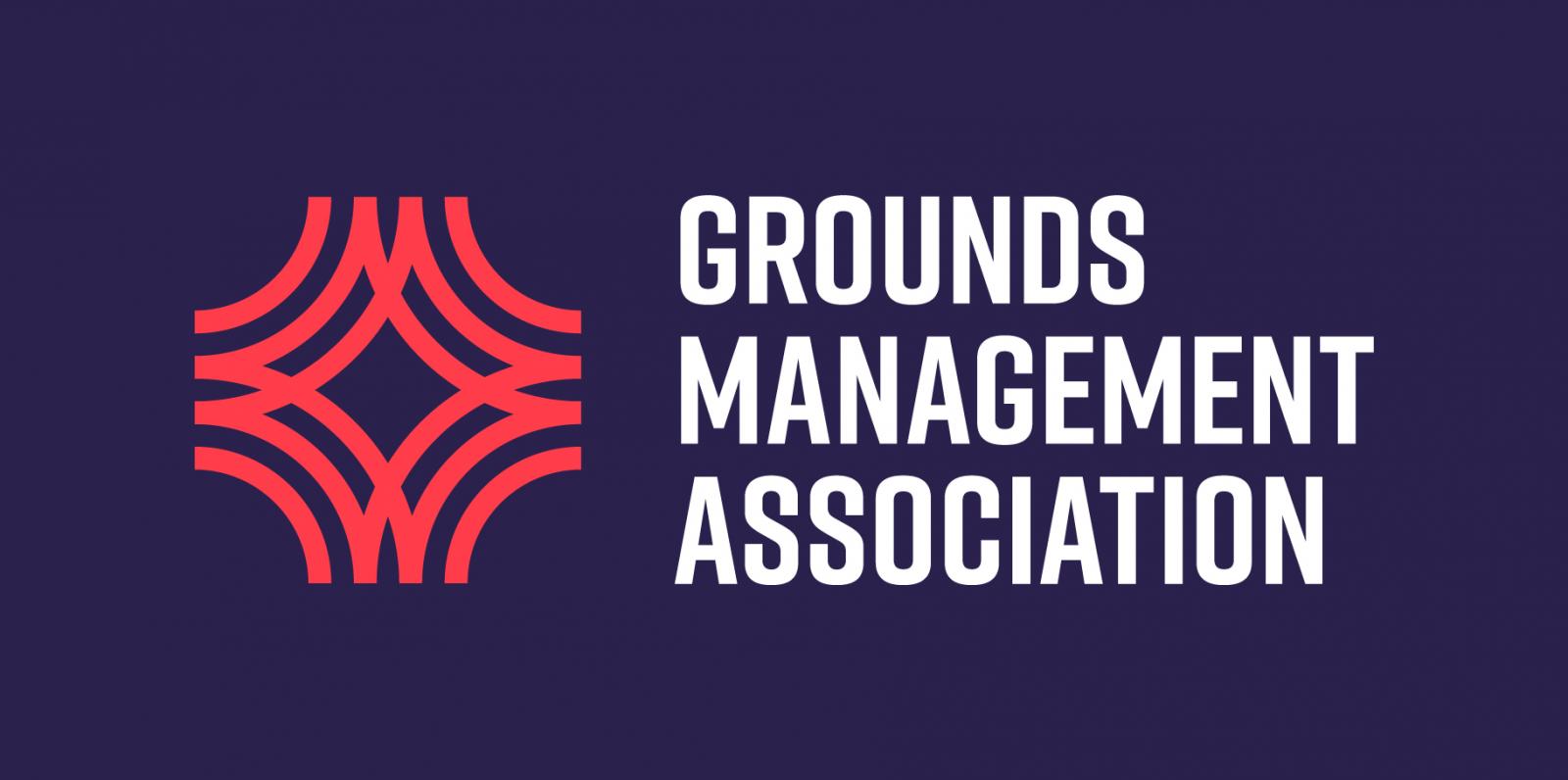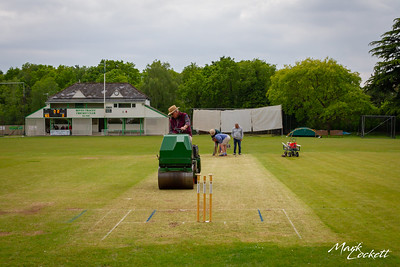
Understanding the maintenance requirements for the ground is essential to the long term success of the site. The level and budget for the grounds maintenance is dependent on the amount and level of activity planned for the site. The site surveys and assessments will help inform the maintenance requirements going forward.
When determining the costs of grounds maintenance, it is important to understand who will undertake the work of maintaining the grounds, machinery and other assets. There are a number of options available to clubs and often it can be a combination of volunteers, professionals and contractors.
Volunteers
Clubs may rely upon volunteer members to complete the grounds maintenance and pitch preparation/repair work. This can be a cost effective option but there may be risks due to the capability and capacity of volunteers. Clubs should understand in full the operations required, the number of hours these will take, and identify any skills and training gaps that are required.
To address any identified skill gaps, training will be required to efficiently produce a high quality playing surface and to comply with current safety and environmental protection legislation.
Capacity of volunteers is a challenge and it will often require a team of people to manage the facility due to the high volume of work required. Consideration should be given to when maintenance can take place during the week, as conflicts may occur between the availability of volunteers and other planned activities on the site, e.g. conflicts during the weekday evening hours.
Speak to your local CPA for more advice and guidance to understand the scope and scale of work required and what support structures are available.
Employed Groundsman
If members feel unable to commit to the amount of work involved in the maintenance and preparation of cricket playing surfaces, then an option would be to employ a groundsman on a full or part time basis. A suitably qualified individual can be employed to undertake all or part of this work.
Contractor
An alternative to an employed groundsman would be to buy in external services in the form of a suitably qualified contractor.
Areas of specialist work such as the application of pesticides and undertaking autumn renovation works might be completed by a suitable contractor, if the specialist skills and qualified individuals are not available within the club.
Preparing the right maintenance specification is important to be able to effectively monitor the quality of work undertaken. Support in the preparation of the maintenance specification can be provided by the IOG Regional Pitch Advisor team.
Mixed
Depending on budgets, time and expertise, it may be beneficial to use a combination of volunteers and paid professionals.
Where the Local Authority is the landlord, it is often possible to contract the authority to continue to maintain the outfield as this may form part of a public park. The responsibility for the maintenance of the square and preparation of the playing surface would then remain with the club.
Timescales for transfer of maintenance responsibilities
In some cases, when the transfer only incorporates the transfer of ground maintenance responsibilities to volunteers it will need to be managed over a number of years. Managing a cricket ground requires both a sound technical knowledge and practical experience, therefore, transferring over the maintenance of a cricket ground to an inexperienced grounds maintenance team could result in irreversible damage to the square, which would require significant capital investment to correct.
This process can take up to three years, with a gradual transfer of responsibilities from year to year. The length of this process varies in each case and is dependent on the capability of the proposed maintenance team. For more guidance, please contact an IOG Regional Pitch Advisor.
Waste management
How will waste generated in the maintenance of playing facilities be re-cycled, composted or disposed of legally? Will the local authority allow green waste and non-green waste to be collected and removed by their waste disposal team or will the club be responsible for its removal. Some waste must be legally disposed of by a ‘Licensed Waste Disposal Contractor’, for example pesticides.
Cost of maintenance
When working out the annual cost of maintaining the ground, there are a number of factors to consider. These include:
- Labour
- Materials - loam, seed, fertiliser etc.
- Training and Continuous Professional Development (CPD)
- Machinery maintenance and replacement
- Water for irrigation
- Professional services, such as end of season renovation, tree cutting etc.
For more advice on the construction, preparation and maintenance of cricket pitches, please see the ECB and IOG websites.


.jpg)

















